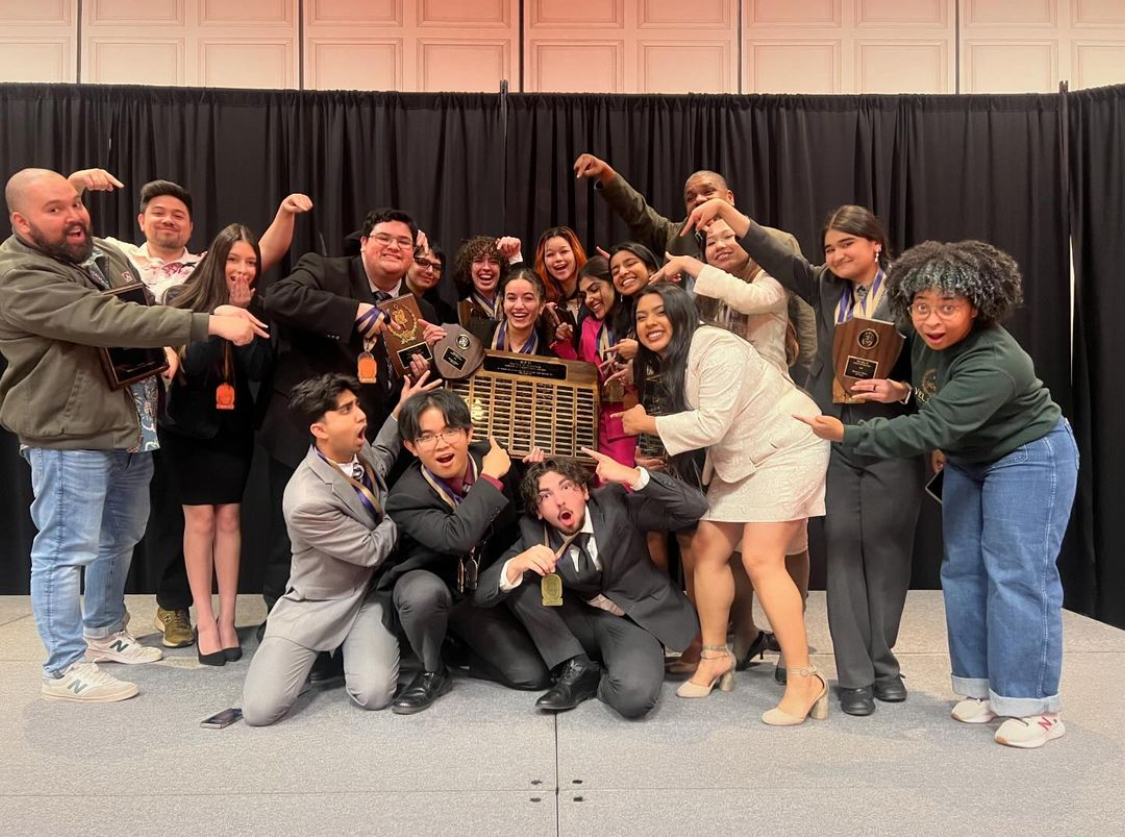South Korea, a powerful market-orientated society, is becoming increasingly more important within the global economic sphere, even in this current recessive era. It is a member of the G20 and it hosted the fifth G20 Summit in its capital city, Seoul, in November 2010. Analyzing the South Korean economy, one thing that comes to mind is the Asian financial crisis of 1997-98. During the process of overcoming the crisis, South Korea’s government forced big companies to be more independent, profitable and transparent, laying the ground work for the explosion of Korean firms like Samsung, Hyundai and LG in the global market.
South Korea’s economy is also diversifying and incorporating foreign components. Film, video games and pop culture have filtered into the corporate world as part of the rise of “creative” industries. With such a pressing drive for greater financial strength and international standing, it is hard to believe that more than 50 percent of the Korean population opposed the recent Free Trade Agreement between the United States and South Korea, as according to the Realmeter polling service.
Essentially, the FTA is an agreement for the elimination of tariffs on over 95 percent of exchanged industrial and consumer goods between the US and Korea within a five year time frame. According to the Ministry of Foreign Affairs and Trade, the deal would give South Korean companies improved access to U.S. markets, widen consumers’ choice of products and create 350,000 jobs over the next 10 years. According to the opposition, however, the FTA clearly favors the United States over South Korea. They claim that this is because of the article on the automotive tariff, import of American beef to the South Korean market, and the Kaesong Industrial Complex which also involves North Korea.
On November 3, 2011 – the day the agreement was signed – 2,000 opponents took to the National Assembly to voice their beliefs that the FTA would subjugate South Korea’s economy and ruin their livelihoods. Police responded by arresting 12 and shooting the rest with water cannons. This is just one example of how many Koreans choose to oppose this potentially destructive arrangement. But why are they doing this? Isn’t the success of Korea rooted in strong capitalistic economic growth?
There are various answers to be considered. One relates to how the Korean legislative body and the president approached the negotiation. While South Korea’s main opposition party said that they vowed not to support a free trade deal with the United States unless certain points were addressed, President Myung-bak Lee offered to reopen negotiations with the United States if opponents in parliament voted for ratification.
The deal, which triggered heated debate in both countries, faces lingering resistance in South Korea with the main liberal opposition party pledging to seek a renegotiation if it wins December’s presidential election. Activists also say they will continue to rally for the deal’s nullification. However, in South Korea, dissatisfaction does not necessary lead to political support of the opposition parties.
An opposition alliance would show a great move towards solidarity in addressing issues like poor administration of the Lee Myung-bak government. However, apathy and indifference is still pretty high. The rate of voter turnout in the 2008 parliamentary election was 46.01 percent and that of the Presidential election is 63.01 percent according to the Institute for Demography and Electoral Assistance. It is imperative that individuals-Korean citizens both at home and living abroad-choose to wield voting power to make changes within their society, and thwart the lingering aura of suppression for a cleaner political dialogue.
Regarding citizens that are living abroad, new legislation will allow them to vote, starting with this April’s general election. Coupling this with resources such as social media may allow for more effective and unified debate or opposition to political developments at home. My advice would be for all groups to utilize technology, track the media, and maintain pressure on the government so that the politically empowered citizenry can exercise their rights to vote with real results. This current battle will continue to be waged for many more months, so act now and be heard.







































































